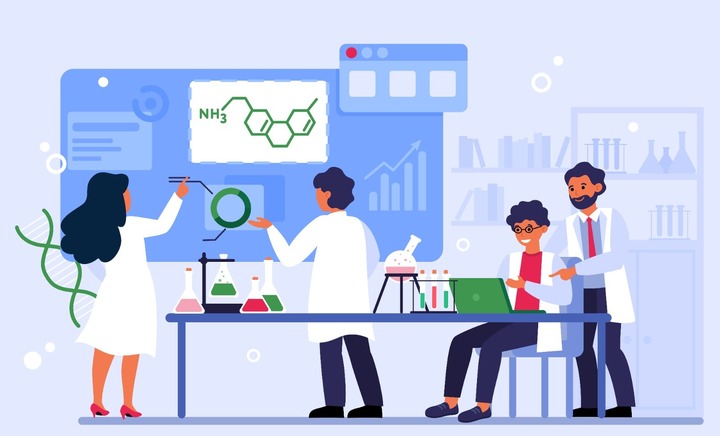
Clinical Research and why is it important?
Let us first understand if clinical research is the same as research done in labs. The answer is NO. Research done in the labs is usually on data, biological samples, cell lines and animals which helps researchers understand how a molecule would work when used in human beings in terms of safety. Clinical research provides value to society by drugs. It focuses on new and better treatments to ensure better patient care. This is a critical step in getting an approval for molecule or device to be registered and/or marketed for human use.
Without clinical research, there would be no new drugs or treatments for diseases. The next question crossing your mind would be are clinical trials safe? There is no sure shot answer to this. Since the molecule is still in the research phase, it may carry a bit of risk but majority of the times the benefits may outweigh risks.

As part of drug development, clinical trials are carried out in different phases (Phase 0 to phase IV) with each phase having a different purpose:
- Phase 0 is the first in-human trial after preclinical study and is also known as human micro dosing studies with minimal no of volunteers. The aim of Phase 0 trials is to ascertain that the drug behaves as expected in humans and to gather preliminary data on the action of the drug to the body and indication of how the body reacts to the drug.
- Phase I trials test if a new treatment is safe and what is the best way to give the treatment.
- Phase II trials test if the disease responds to the new treatment.
- Phase III trials test if a new treatment is better than the existing standard of care
- Phase IV trials give more information about the long-term benefits and side effects of the drug.
Once the treatment meets relevant safety and efficacy parameters, standards, the research can advance to the next phase.
When a new molecule enters clinical trials, it is studied in a smaller number of participants. However, when we speak of the clinical trial process, it involves thousands of participants and the patient data collected from these trials helps government / regulatory agencies to determine if the treatment should be approved for use.
For a new treatment to be approved, it needs to demonstrate if it is beneficial to the patients. This could be in terms of better patient outcomes or having fewer adverse events.
Clinical trials must follow a research protocol that outlines the study's rationale, objectives, outcome, design, methodology, statistical analysis and finally clinical study report. After a new treatment is approved, the trial data gives health care providers and patients a better understanding of what to expect from that treatment. Clinical trials may pave way be the last resort for patients who do not respond to current treatments, have more toxic and adverse reactions to standard of care or have exhausted other available treatments.
Clinical trials follow certain guidelines and regulations to be followed for designing, conducting, monitoring, reporting and documentation of studies involving human participants. Every stakeholder involved in clinical research activity are expected to adopt and implement these guidelines, namely, Good Clinical Practice (GCP) guidelines, New Drugs and Clinical Trials Rules (NDCT), 2019, and Indian Council of Medical Research (ICMR) guidelines.
GCP guidelines ensure patient safety, rights and well-being in clinical trials and integrity and reliability of trial data. It minimised human exposure to unnecessary harm/risk.
ICMR guidelines have been laid down for all biomedical, social and behavioural science research for health conducted in India involving human participants, their 12 general principles that are followed.
https://www.icmr.nic.in/The NDCT Rules are applicable to and regulate investigational new drugs, devices for human use, bioequivalence, bioavailability studies, ethics committees.
https://cdsco.gov.in/opencms/opencms/en/Acts-and-rules/New-Drugs/
